
The chronic and relapsing course of TBI-associated depression poses a challenge to the management of afflicted patients.

The chronic and relapsing course of TBI-associated depression poses a challenge to the management of afflicted patients.

Suicide is a leading cause of global mortality in those aged 25 years or younger. How can we promote safe communication about suicide in the digital age?
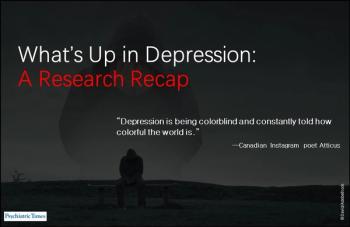
These concise summaries highlight the latest findings and potential remedies.

Bupropion is one of the better tolerated antidepressants, but concerns about anxiety, insomnia, and seizures have dampened its popularity. In this podcast, we’ll see how well those concerns hold up to the evidence.
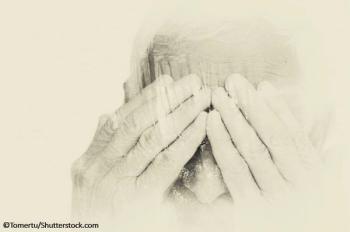
A layperson's perspective after deliberating on the meaning of suicide for decades after the loss of his wife.

A teaching moment never to be forgotten, little did the author know that this action on his patient's part would be the harbinger of an amazing career looking after physicians.
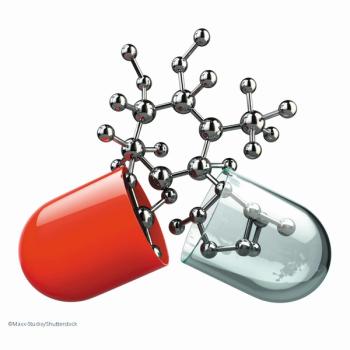
Is there a biomarker to predict response to treatment for depression? Take the quiz and learn more.

What factors are associated with loss of supported housing for chronically homeless patients with serious mental illnesss? Take the quiz and learn more.

Here is a selection of eight research developments that may impact psychiatric clinical practice in the coming years.
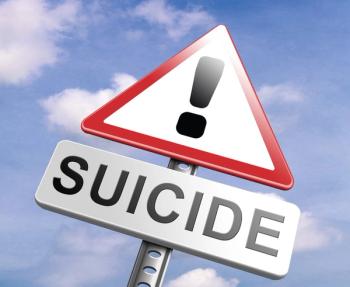
Although psychiatrists may be better trained to treat suicidal patients, most patients with suicidal ideation are receiving care outside of specialty psychiatric settings and can benefit from interventions in primary care.

Nutritional psychiatry is developing into a real opportunity for clinical intervention for patients who suffer from depression and anxiety.
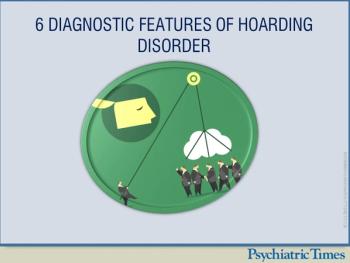
People with HD can experience social isolation, divorce, separation or alienation from family members and friends, not to mention risk of injury or death.
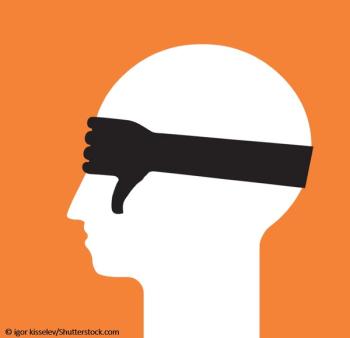
Patients who use educational resources, such as the Depression Center Toolkit, are much more likely to become an active and engaged participant in managing his or her own health.

Blue spectrum light can worsen two systems that are already fragile in people with mood disorders: sleep and circadian rhythms. Fortunately, there are simple solutions to correct this problem.
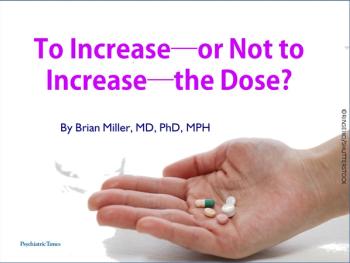
A brief discussion of dose increase versus unchanged continuation of antidepressants after initial treatment failure in patients with depression.

A review of glucose and lipid-related biomarkers and the antidepressant response to infliximab in patients with treatment-resistant depression.

Results from these studies yield important clinical implications to improve treatment and prognosis for patients with major depression.

One of the biggest challenges in treating depression is the ability to select the best treatment for a particular individual from among the many available options.

Newly released evidence represents the most comprehensive currently available information about the initial choice of antidepressant treatment for acute depression in adults.
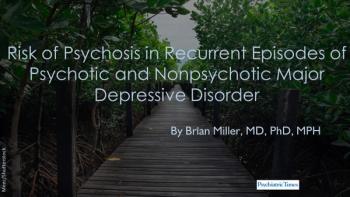
New findings raise the question of the optimal treatment for prevention of future psychotic depressive episodes.

Besides being sad, patients who are depressed often feel disgruntled, resentful, or irritable. Such emotions can lead to violence in people who are predisposed to such behavior. Consider the questions in this quiz.
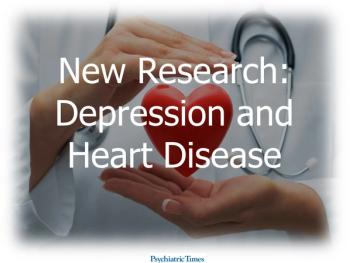
New research brings us closer to learning about the associations between psychological states, quality of life, and cardiovascular health.

How can psychiatrists help patients address the negative effects of poverty on their mental health? Take the quiz and test your knowledge.
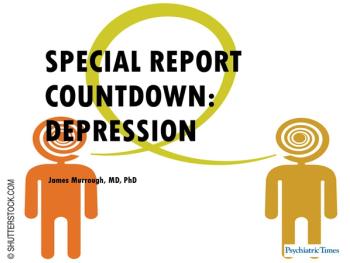
This special collection provides new insights on major aspects of depression: psychopharmacology, therapeutic interventions, major depressive episodes, biomarkers, and pseudobulbar affect.

Recent findings suggest that the magnitude of efficacy for most antidepressants compared with placebo may be more modest than previously thought.